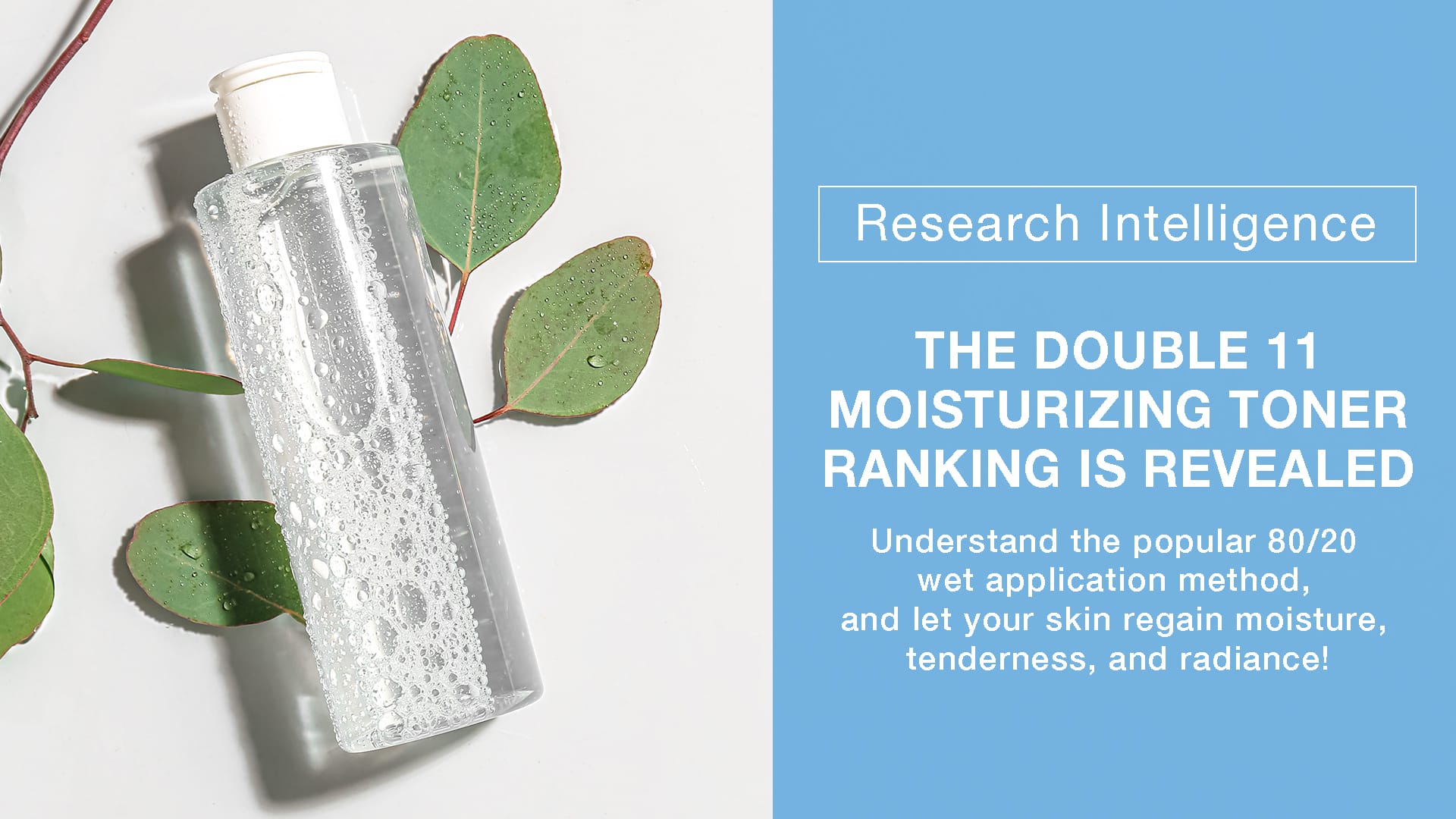Winter Skincare 4 Key Points! How leading brands incorporate these strategies to make products sell like hotcakes as soon as they hit the market.
In winter, the skin tends to become particularly dry, and in more severe cases, issues like itching, peeling, and redness may occur. That’s why leading brands in the market focus on different products in summer and winter! At this time, relying solely on toner or serum is not enough; you must combine products that provide moisture, lock in water, and offer repair to maintain the skin’s moisture and health. This article from Unicare will unveil the key points of winter skincare, how to correctly transition into winter skincare, and reveal the successful strategies of leading brands in promoting products during the winter season. If you are also contemplating winter skincare products and your brand aligns with sustainable beauty principles, aiming to create the next popular winter skincare product, let’s explore together!
Why does the skin easily dry out and peel in winter?
The secretion of sebum and sweat glands changes with the climate and varies with age, leading to slower sebum secretion in winter. Consequently, the skin is prone to dryness, peeling, and other conditions. In addition to internal physiological changes, the skin is also influenced by external factors such as prolonged sun exposure, which exposes the skin to harmful UV rays. Moreover, the cold wind in winter can quickly lead to moisture loss from the skin, making effective moisturization crucial!
The stratum corneum is the skin’s first line of defense against external threats:
The outermost layer of the skin, the stratum corneum, acts as the first line of defense. To have healthy skin, it is essential to nurture the stratum corneum to prevent dryness and peeling, ensuring naturally moist and hydrated skin. When the stratum corneum is in a healthy, moisturized state, it maintains high cohesion between cells, preventing the loss of moisture and nutrients from the skin.
Source: UNICARE
Master the 4 key points of winter skincare:
1. Use SPF30 sunscreen products
Although winter sunlight is not as intense as in summer, neglecting sunscreen for the face and neck is easy when covered in long sleeves and pants. However, don’t underestimate the UVA rays in winter! They can cause skin sagging, spots, and wrinkles, resulting in long-term damage to the skin. Therefore, daily sun protection is necessary even in winter. Choose sunscreen products with at least SPF30, and it is recommended to select products with both SPF and PA values to effectively block UVA rays.
2. Choose water-locking moisturizing products
Applying toner or serum can only replenish skin moisture, which is not enough as it does not stay on the facial skin and tends to evaporate. It is advisable to choose lotions, creams, or oil-based products with higher lipid content. Suitable moisturizing agents for winter products mainly fall into two categories: humectants, such as polyols, hyaluronic acid, and natural moisturizing factors, help maintain moisture inside and outside the stratum corneum; occlusives, including squalene, jojoba oil, and cocoa butter, form a hydrophobic film on the skin’s surface, effectively sealing in moisture.
3. Use products that enhance skin repair
In cold temperatures, the skin becomes more fragile, and using products with reparative ingredients acts like providing nourishment to the skin, enhancing its repair capabilities. Repairing ingredients such as panthenol (vitamin B5), madecassoside, and ceramides help soothe skin discomfort, accelerate skin repair, and reduce the likelihood of scarring.
4. Overall strengthen skin hydration
In cold and dry winter conditions, the stratum corneum is prone to dehydration, leading to dryness and flaking. At this time, additional hydration is needed, along with water-sealing ingredients to prevent water loss and retain moisture in the skin. Hydrating ingredients such as Centella asiatica, ceramides, and plant sterols can provide long-lasting hydration, keeping the skin moist and improving its water retention.
By combining the integrated key points of winter skincare mentioned above, we understand that skincare in winter involves not only moisturizing but also water-sealing and repairing! When planning winter skincare products, brands can incorporate ingredients with moisturizing, hydrating, and repairing effects, such as vitamin B5, ceramides, and squalene. Additionally, enhancing the richness of the product texture can create a winter skincare product that is more appealing to consumers. Unicare’s skincare OEM service adheres to the principles of sustainable beauty, using plant-based ingredients instead of animal-based ones, and considers efficiency and low carbon emissions in the production process. We provide end-to-end product development services and suggestions to help you perfect your product line. Let Unicare assist you in creating the next sustainable beauty hit this winter. Feel free to contact us and explore new opportunities in the beauty and skincare industry with Unicare. Sustainable Beauty, because we care not only about beauty but also about the environment and the Earth!



